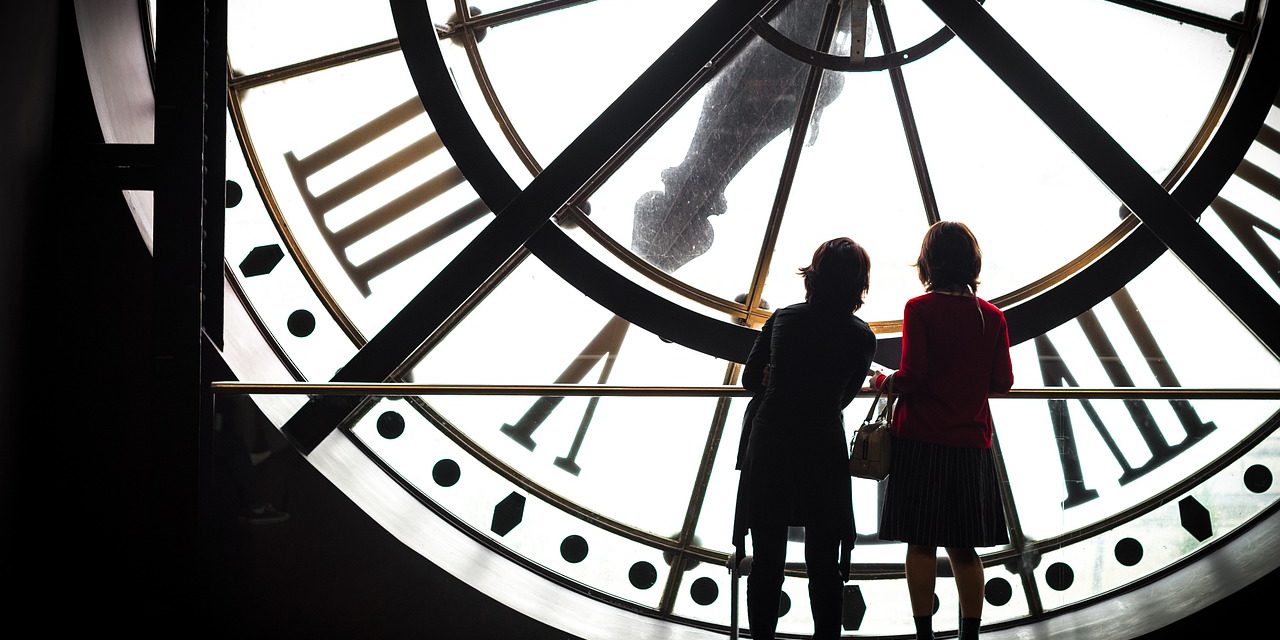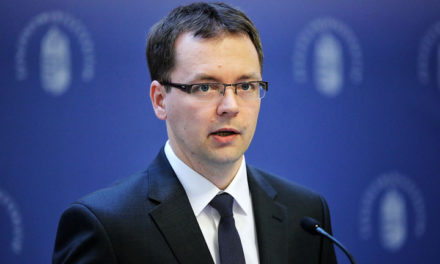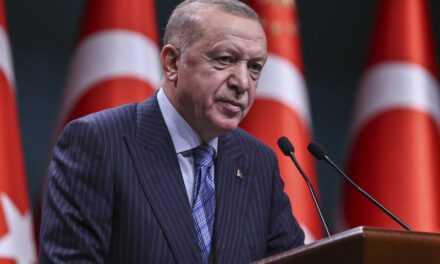On Sunday, March 28, at 2:00 a.m., the clocks will be set forward one hour to 3:00 a.m., marking the start of daylight saving time.
According to the information provided by Mavir Magyar Electricity Transmission Industry Transmission Control Co., Ltd. on Friday, they have been measuring and analyzing the consumption data of the days around the clock change for years. From these, it can be estimated that by changing the clock, an amount of electricity equivalent to the annual consumption of a medium-sized Hungarian city of the size of Eger can be saved.
The exact amount of savings cannot be determined, this would be possible if the weather and economic conditions were the same every year when switching to summer time.
For the last time, the basically similar weather characteristics of the weeks before and after the clock adjustment on March 26, 2017 made it possible to isolate the impact of the switch to summer time on energy consumption. Based on this, the amount of electricity savings exceeded 80 gigawatt hours (GWh). Savings typically occur in households, construction sites, long-open institutions and service providers, as well as decorative lighting in public buildings.
Savings from the summer time change will decrease after the time change. In addition to the decrease in evening use, there is also a slight increase in the morning hours in spring.
Daylight saving time is currently a uniformly accepted system in more than a hundred countries around the world, with which the local time is set one hour ahead of the time in the local time zone starting in the spring. According to the information, the essence of the system is that if the usual waking time of the population – usually the period between seven in the morning and ten in the evening – approximately coincides with the time of natural light, then less artificial lighting and thus less energy is needed. The idea was first proposed by Benjamin Franklin in 1784 in order to reduce lighting costs. On April 30, 1916, the German Empire and the Austro-Hungarian Monarchy were the first in the world to use summer time, partly to save fuel for war purposes.
In Hungary, in the 1950s, energy supply difficulties were tried to be mitigated by daylight saving time, but its application was suspended in 1958, and it was reintroduced in 1980, but then the summer time period was shorter by one month. In Europe, the system was standardized in 1996.
Source: MTI
Cover image: pixabay.com













